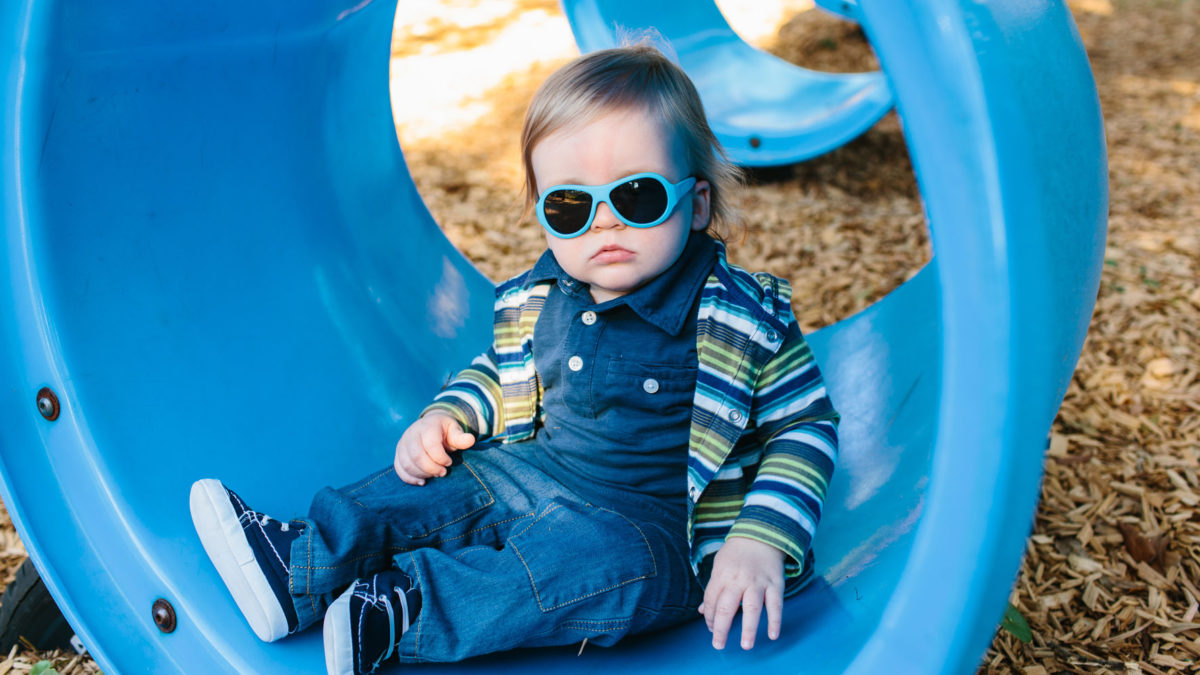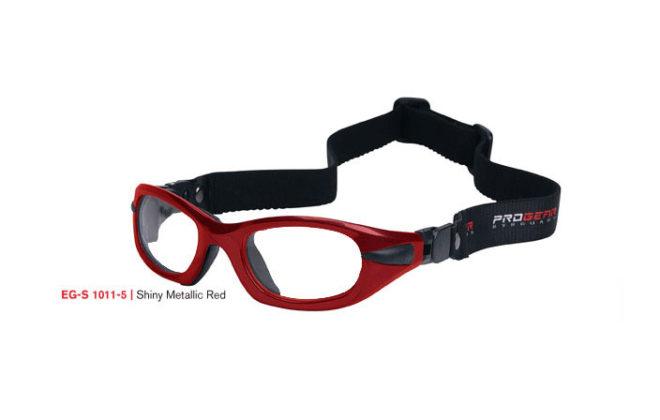Early Childhood Eye Problems
Early Childhood Eye Problems
Strabismus
Is commonly known as crossed or wall eyes. This is when, relative to each other, one eye is turned too far in or out. Sometimes, in the first few months of life, a babies eye may cross occasionally, but when an eye is constantly turned it should be examined by an Optometrist. This problem can usually be helped.
Amblyopia
Is commonly known as lazy eye. This condition occurs when normal vision does not develop in one eye because the ‘lazy eye’ sends a poor message to the brain. This can usually be helped with glasses, eye drops or a patch. The patch is usually put over the stronger eye, but may sometimes be placed over the weaker eye.
Refractive Errors
Like any other part of the body, the eye grows, works, tires and ages. It can be injured. It can become diseased. However, most vision problems are not diseases, but refractive errors. These are minor flaws in the way the eye is built that cause it to focus incorrectly.
Myopia
Is also called shortsightedness. Someone with this condition will see nearby objects more clearly than objects far away. It occurs when the eyeball is too long or the cornea is too rounded and light is focused in front of the retina instead of directly on it. Glasses or contact lenses can correct the problem.
Please also be aware that seeing a white pupil in a child is an important call to action. It is very important to take these children straight to the Optometrist or doctor.
Blog Archives
- February 2023
- January 2022
- September 2021
- May 2021
- April 2021
- February 2021
- January 2021
- October 2020
- August 2020
- May 2020
- February 2020
- December 2019
- October 2019
- May 2019
- February 2019
- November 2018
- October 2018
- September 2018
- August 2018
- June 2018
- May 2018
- April 2018
- March 2018
- February 2018
- December 2017
- November 2017
- October 2017
- September 2017
- August 2017




